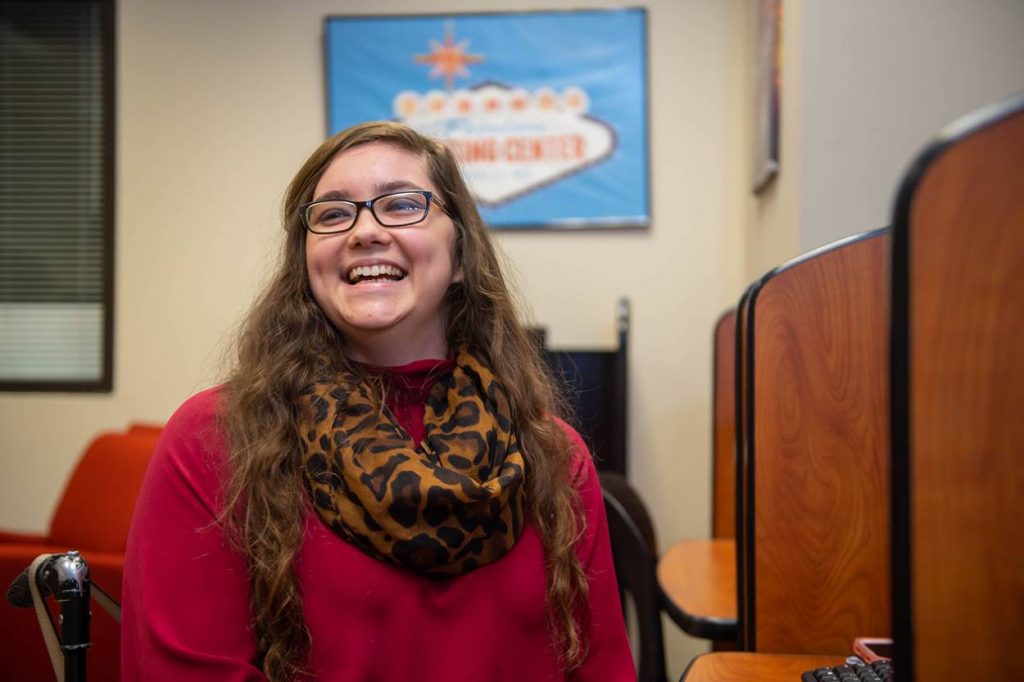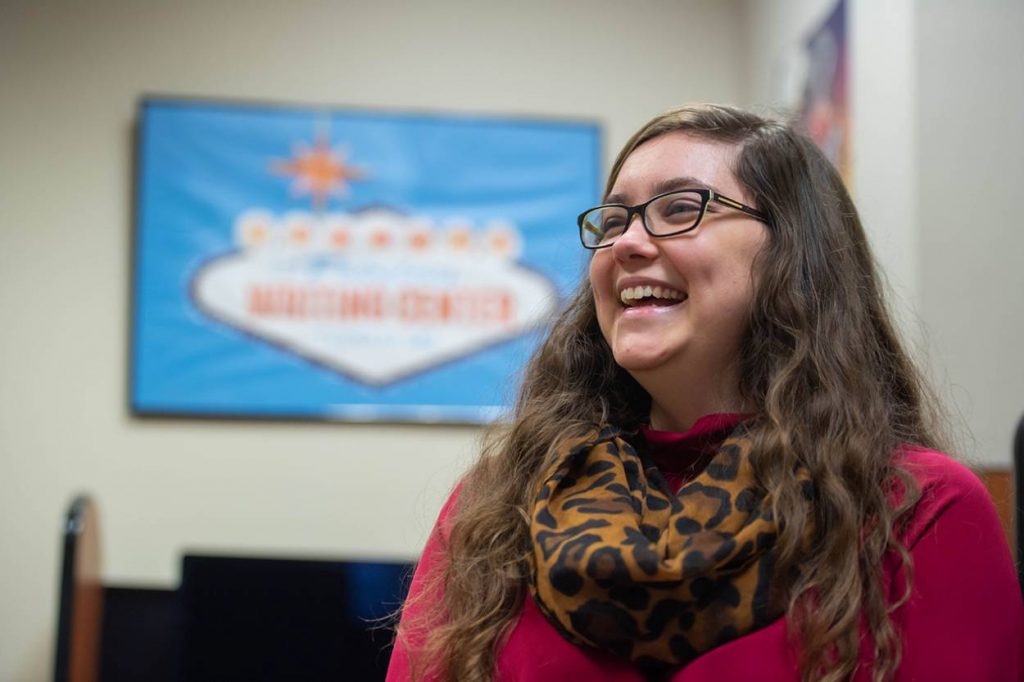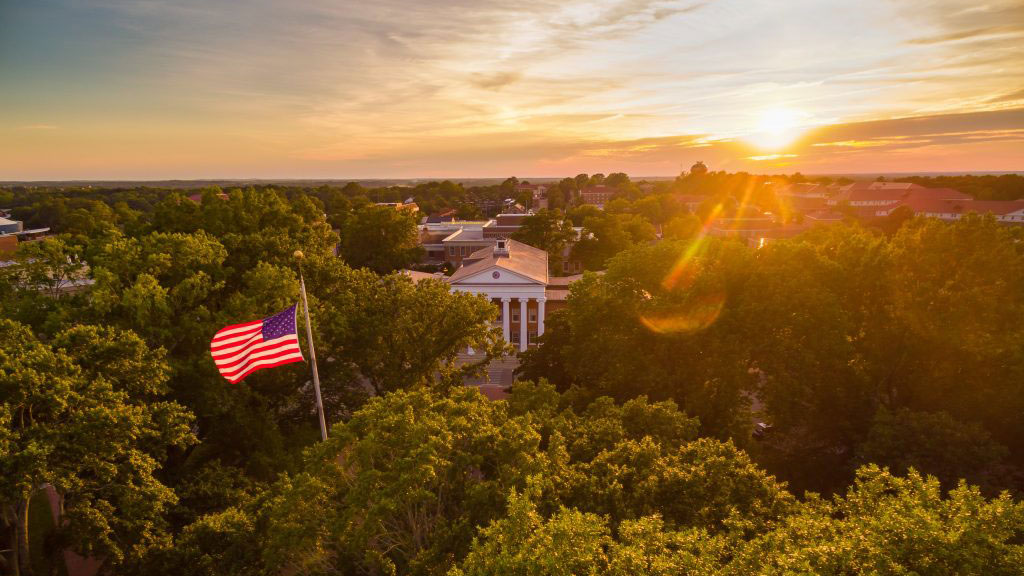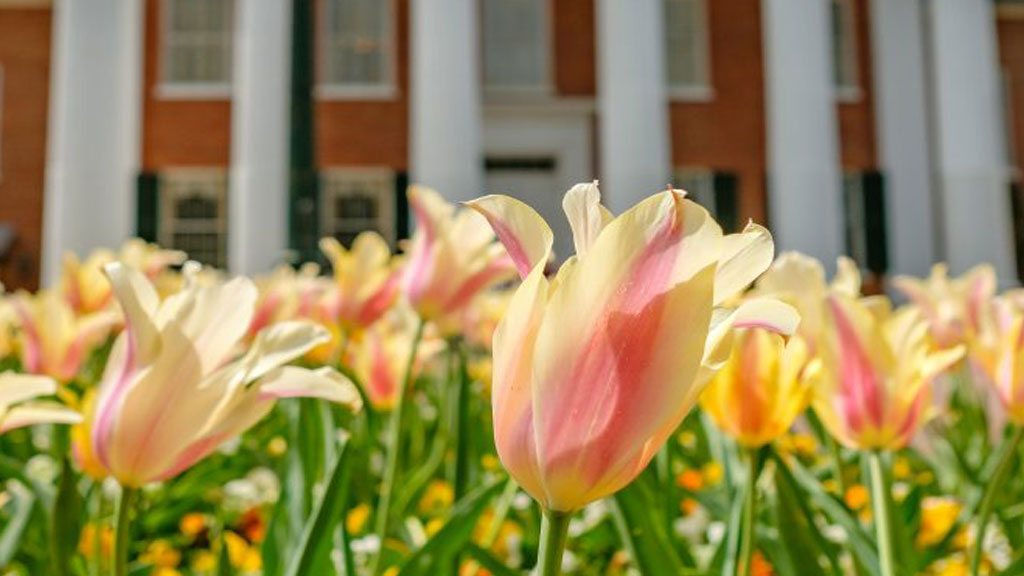Shelby Cissom aims to help others face their trials as a licensed social worker
Just two weeks before Shelby Cissom was to begin classes at Northeast Mississippi Community College, she was in an ATV accident that would change her life. But despite being paralyzed from the ribs down, the first-generation college student continued her education, finding her passion for social work at Northeast and the University of Mississippi at Tupelo.
“I had to spend some time in a hospital and physical rehabilitation facility a few years ago, and I had horrible experiences with both of the social workers assigned to me,” she said. “Once I got independent enough to be able attend college, I had my mind set on applying for nursing school.
“Because I am paralyzed and I wanted to work in a hospital setting, I found out that nursing school would not be for me. Essentially, I might not be able to keep up with the fast-pace setting of a hospital. I was upset and didn’t know what path I would take next.”

Cissom, from Dumas, talked to her mother about her academic options, and her mom pointed out that social work had always been a backup plan for her.
“She said that I would not be able to keep everyone from having the negative experiences I did with social workers, but I would know that the people I worked with wouldn’t feel that way,” she explained. “I decided to declare social work as my major at Northeast. I finally had my first social work class at Northeast, and I completely fell in love with social work.
“I finally had that moment where it became clear that I was where I was meant to be. I honestly could not imagine myself on any other career path.”
After graduating in May from the university’s Bachelor of Social Work program, Cissom hopes to pursue a master’s degree to become a licensed clinical social worker and serve the public as a therapist.
“I would love to become a child’s therapist,” she said. “I love children, and to me, it seems like there is a disparity in therapy resources for them.
“I really just want to help children learn how to overcome the terrible things that have happened to them in their short lives, as well as learn how to deal with the emotions that result from those situations.”
Cissom has been a member of the Student Social Work Organization since she began attending the Tupelo regional campus.

“She was elected by her peers as vice president her junior year and is now president her senior year,” said Shane Robbins, UM social work instructor. “She is a leader and very supportive of the other students in her cohort.
“Shelby has always been an initiator and led several of the outreach events by the SSWO. A lot of those activities included supply drives to help support local agencies such as the SAFE domestic violence shelter or ‘Showers of Love’ program within a local church that enables homeless individuals to take showers for free.
“She has a huge heart for others and is always looking at ways our students can serve the local community.”
Cissom is grateful for instructors such as Robbins and Patricia Digby for encouraging her along the way.
“I was very worried I would not be able to make it this far when I was first injured,” she said. “All I could think about were the obstacles ahead of me. Knowing that I’m this close to getting my degree fills me with so much pride.”
Cissom encourages students who are considering social work as a major to be prepared to be challenged and to participate in class and outside organizations.
“A lot of people believe that social work is really easy, but it can be challenging,” she said. “One of the most important skills we learn how to do is think critically. This is hard sometimes. I’m still really learning this skill. Also, your way of thinking about society can be challenged as well. You really start to learn the truths about society.
“You will need your fellow classmates to lean on and to ask questions. They are having the same experiences as you are at the moment. You all understand how each other feels. A support system is really important, and they will make a really good addition to your support system.”
Story by Sarah Sapp/School of Applied Sciences



